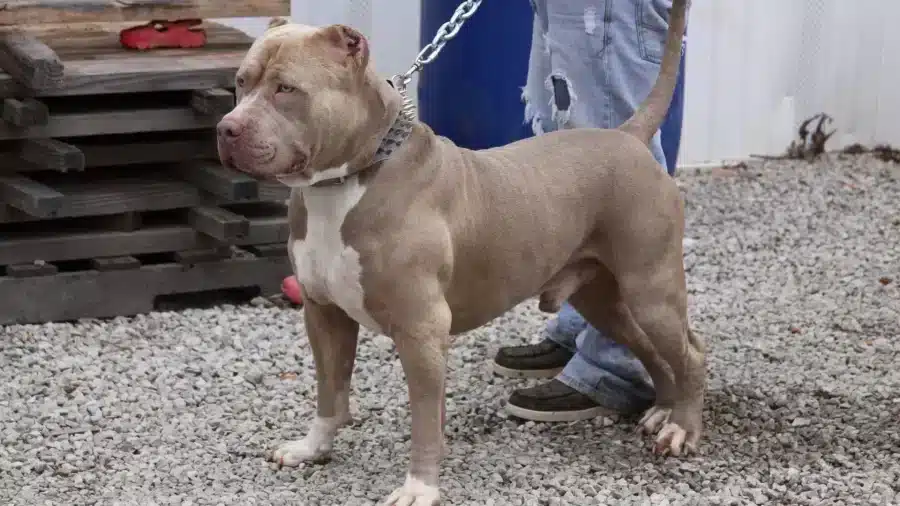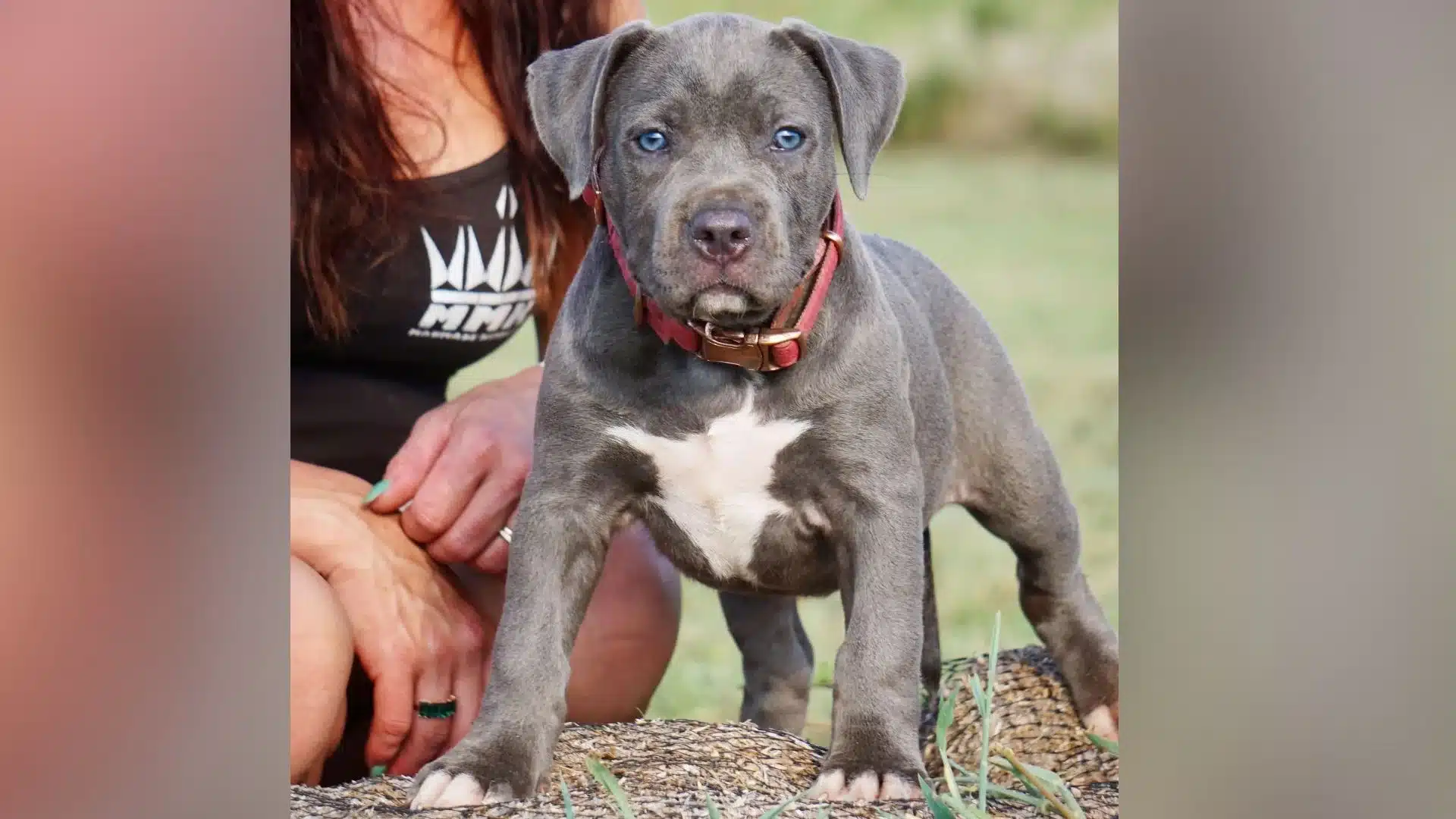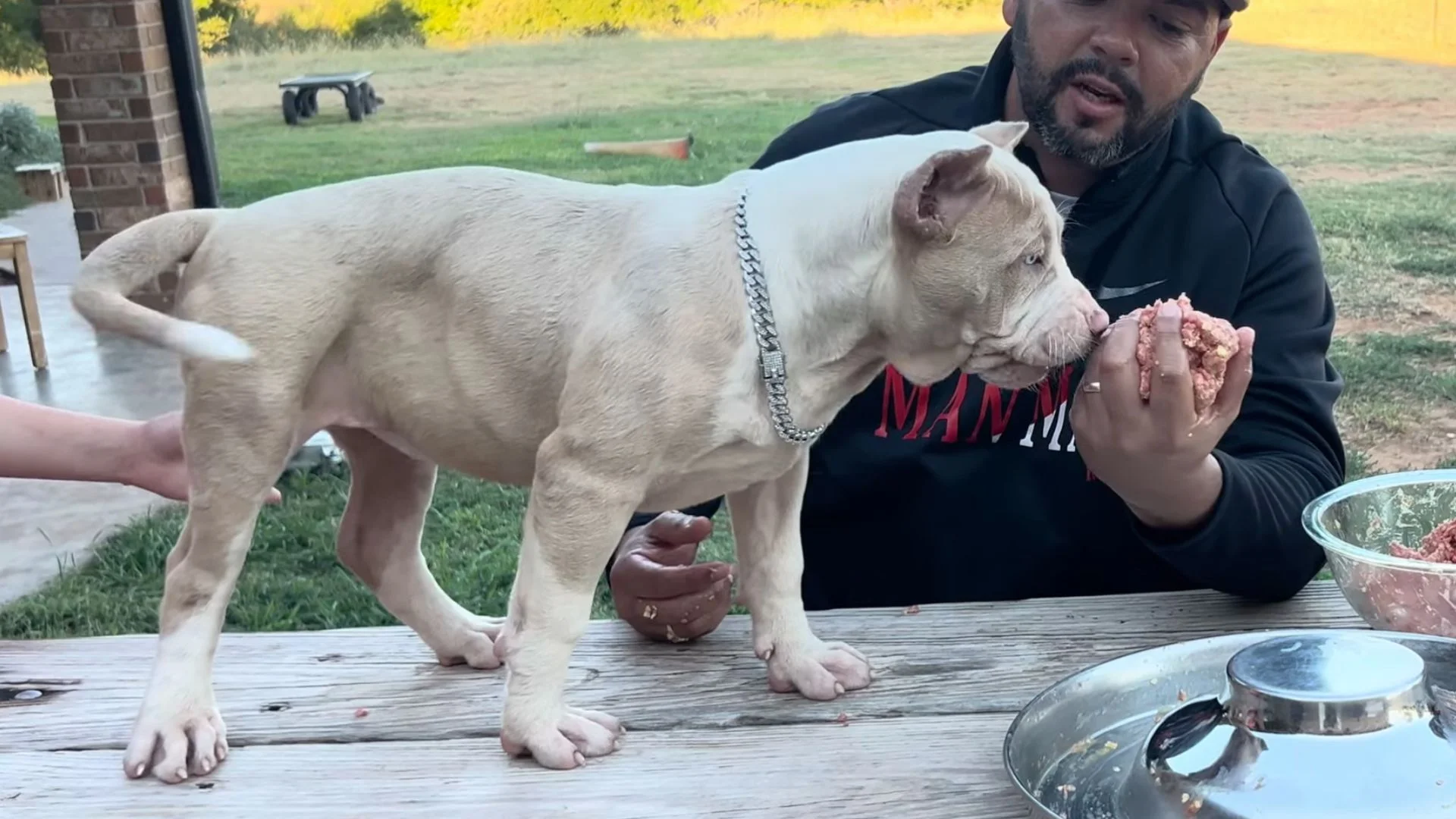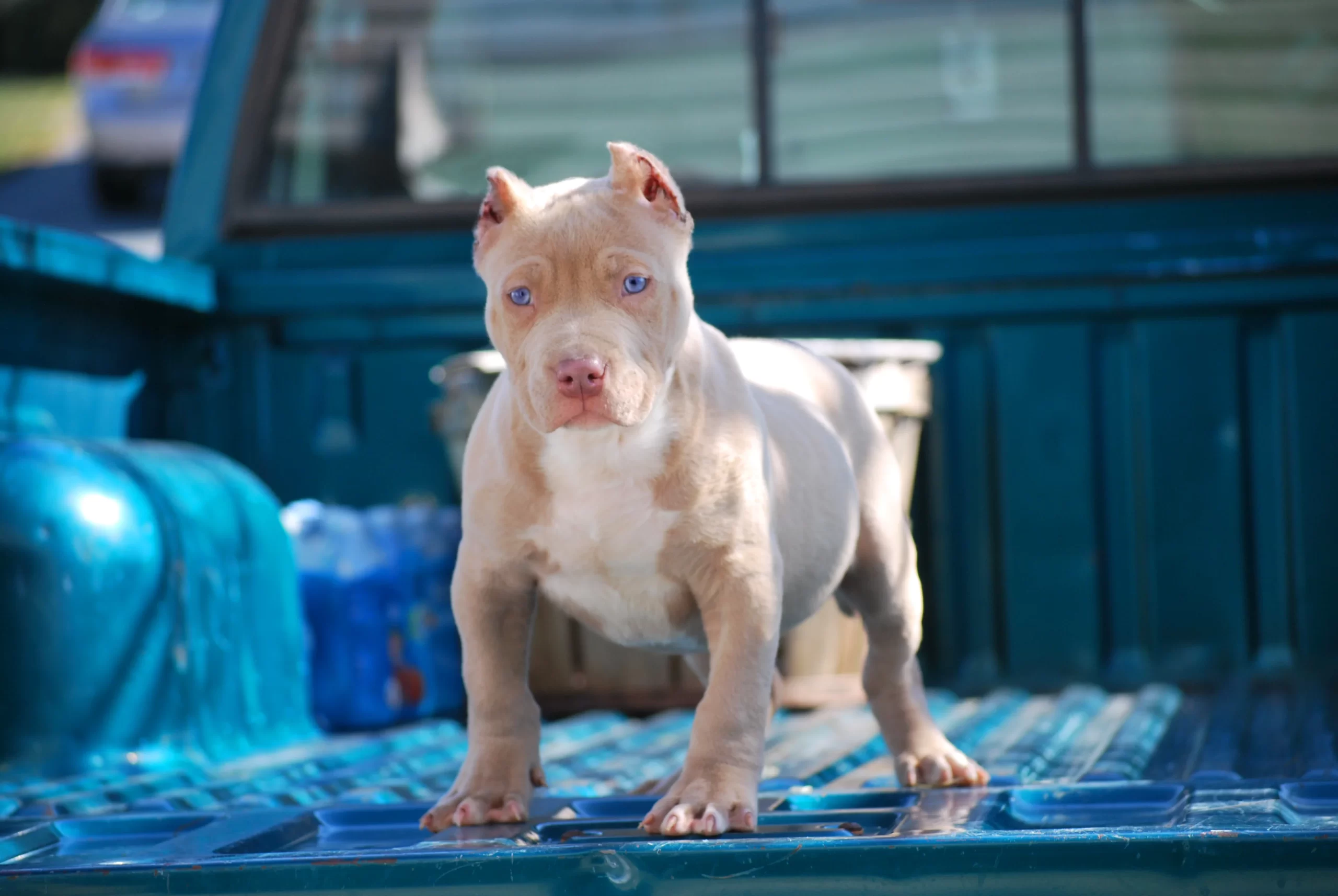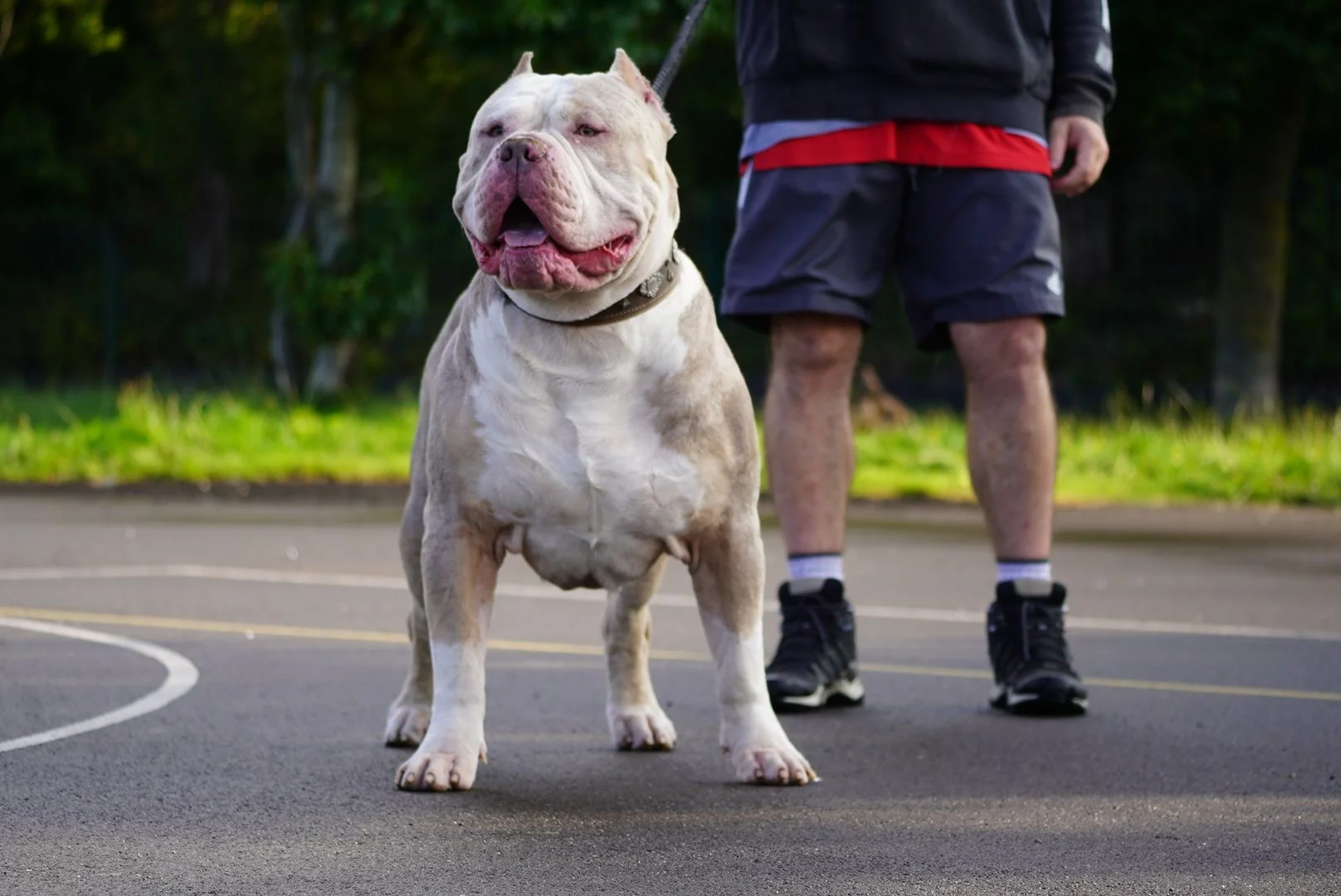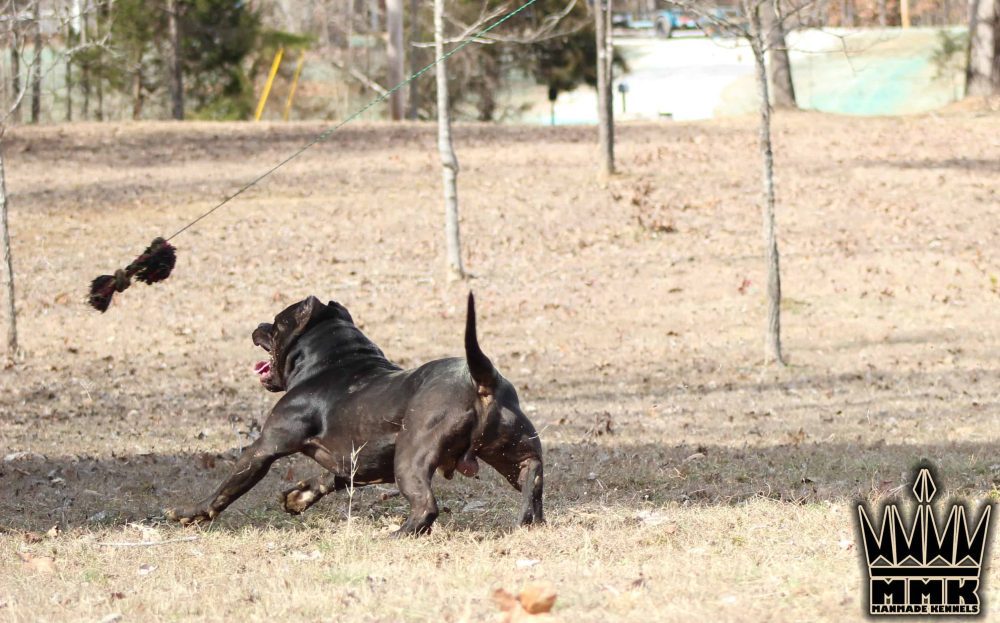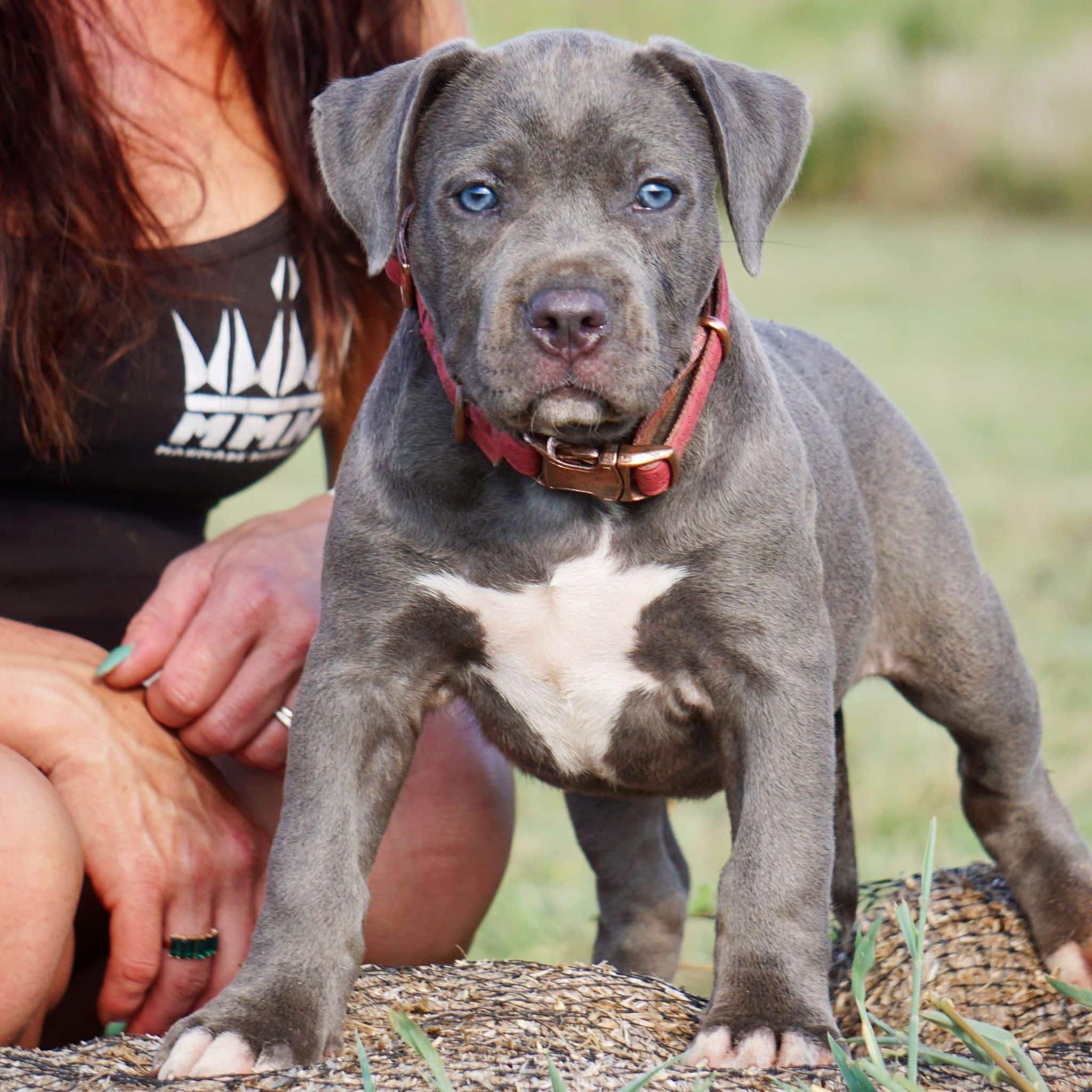Breeding your female dog is a significant responsibility that requires careful planning and research. Finding the right stud dog ensures healthy, well-tempered puppies that contribute positively to the breed. This guide will walk you through everything you need to know about selecting a stud dog, from the benefits of using a stud service to essential qualities to consider.
Why Use a Stud Dog?

Unless you own both the male (stud) and female dog (bitch), or have a trusted breeder contact, you’ll need to find a suitable stud dog for your bitch. A stud dog service, for a fee, provides a male dog to mate with your female and help her conceive (also known as being in whelp).
Using a stud dog in a breeding program is essential for maintaining and improving the quality of a breed. Here’s why breeders rely on stud dogs:
- Improving the Breed – Stud dogs are selected for their superior traits, such as size, coat quality, temperament, and overall conformation, helping to enhance future generations.
- Correcting Weaknesses – If a female dog has certain weaknesses, such as structural flaws or temperament issues, the right stud dog can help balance these traits in the offspring.
- Health and Temperament – A reputable stud dog is free from genetic disorders and possesses an ideal temperament, ensuring healthier, well-balanced puppies.
- Proven Breeding Record – Stud dogs with a history of producing strong, healthy litters provide greater confidence in breeding outcomes.
- Genetic Diversity – While stud dogs can improve a breed, responsible breeders ensure genetic diversity by avoiding excessive use of a single male, reducing the risk of inbreeding.
- Fertility Detection – Experienced stud dogs can accurately detect when a female is in heat, sometimes even better than laboratory fertility tests.
- Ease of Evaluation – Unlike females, male dogs are easier to assess for breeding suitability due to their visible sexual anatomy and consistent fertility.
The cost of stud services varies based on breed demand and the male dog’s pedigree. A reputable stud service should:
- Offer expert guidance on the mating process and pregnancy care.
- Provide a health-tested, genetically sound male dog with proper documentation.
- Share details on the stud dog’s pedigree, temperament, and previous litters.
How Do I Find a Stud Dog For Breeding?
Finding the right stud dog for breeding requires careful research, networking, and a strong understanding of your breed’s standards. A successful match should improve the quality of the breed while ensuring the health and well-being of both dogs. Here’s a comprehensive guide to finding the ideal stud:
1. Network and Connect with the Breeding Community
Building relationships with reputable breeders and dog enthusiasts is one of the best ways to find a quality stud dog. Consider these proven methods:
- Consult Your Dog’s Breeder: If you purchased your dog from a reputable breeder, they can be an invaluable resource in recommending stud dogs that complement your bitch’s lineage.
- Join a Breed Club: Breed-specific clubs offer access to knowledgeable breeders, stud directories, and mentorship. Many also have ethical guidelines for responsible breeding.
- Attend Dog Shows and Events: Dog shows, conformation events, and breed-specific competitions allow you to evaluate potential studs in person, observe their structure, temperament, and performance, and network with breeders.
- Leverage Online Communities: Engage in breed-specific forums, Facebook groups, and websites dedicated to responsible dog breeding. While online research is helpful, always verify information and arrange in-person meetings.
- Work with Professional Kennels: Some well-established kennels offer stud services and can guide you through the breeding process, ensuring compatibility and quality.
2. Conduct Thorough Research and Due Diligence
Once you have identified potential stud dogs, it’s crucial to perform detailed research before making a decision.
- Understand Breed Standards: Familiarize yourself with the official breed standard to ensure the stud dog aligns with the ideal physical and temperamental traits.
- Evaluate Health Testing: Responsible breeders conduct genetic and health screenings for conditions common in the breed. Key tests may include OFA (Orthopedic Foundation for Animals) certifications for hips and elbows, DNA testing for hereditary diseases, and cardiac/eye exams.
- Assess Temperament and Behavior: A stud dog’s temperament is just as important as physical traits. Observe his behavior around people, other dogs, and different environments to ensure he has a stable, well-balanced personality.
- Examine Pedigree and Lineage: Review the stud dog’s pedigree to assess bloodlines, genetic diversity, and any potential inbreeding risks. Look for dogs with a history of producing high-quality offspring.
- Request References: Ask the stud owner for references from breeders who have previously used the stud. This helps you gauge the dog’s success in producing healthy, desirable litters.
- Visit the Stud Dog in Person: If possible, visit the stud at his home or kennel. Seeing him in a familiar environment allows you to assess his living conditions, health, and overall demeanor.
3. Follow Responsible Breeding Practices
Breeding should always prioritize the well-being of both the stud dog and the female dog. Ethical considerations include:
- Prioritizing Health and Welfare: Ensure both dogs are in optimal health before breeding. A veterinary checkup is essential to confirm they are physically fit for mating.
- Avoiding Overbreeding: Be mindful of the stud’s breeding history. Overuse of a single stud can negatively impact genetic diversity within the breed.
- Considering Artificial Insemination: If natural breeding is not possible or practical due to geographical distance or health concerns, artificial insemination may be an option. Consult a reproductive veterinarian for guidance.
- Creating a Breeding Contract: Establish a legally binding contract that outlines the terms of the breeding agreement, including stud fees, responsibilities, and potential ownership of puppies.
Looking for the Best Stud dog to Improve Your Breeding Program?
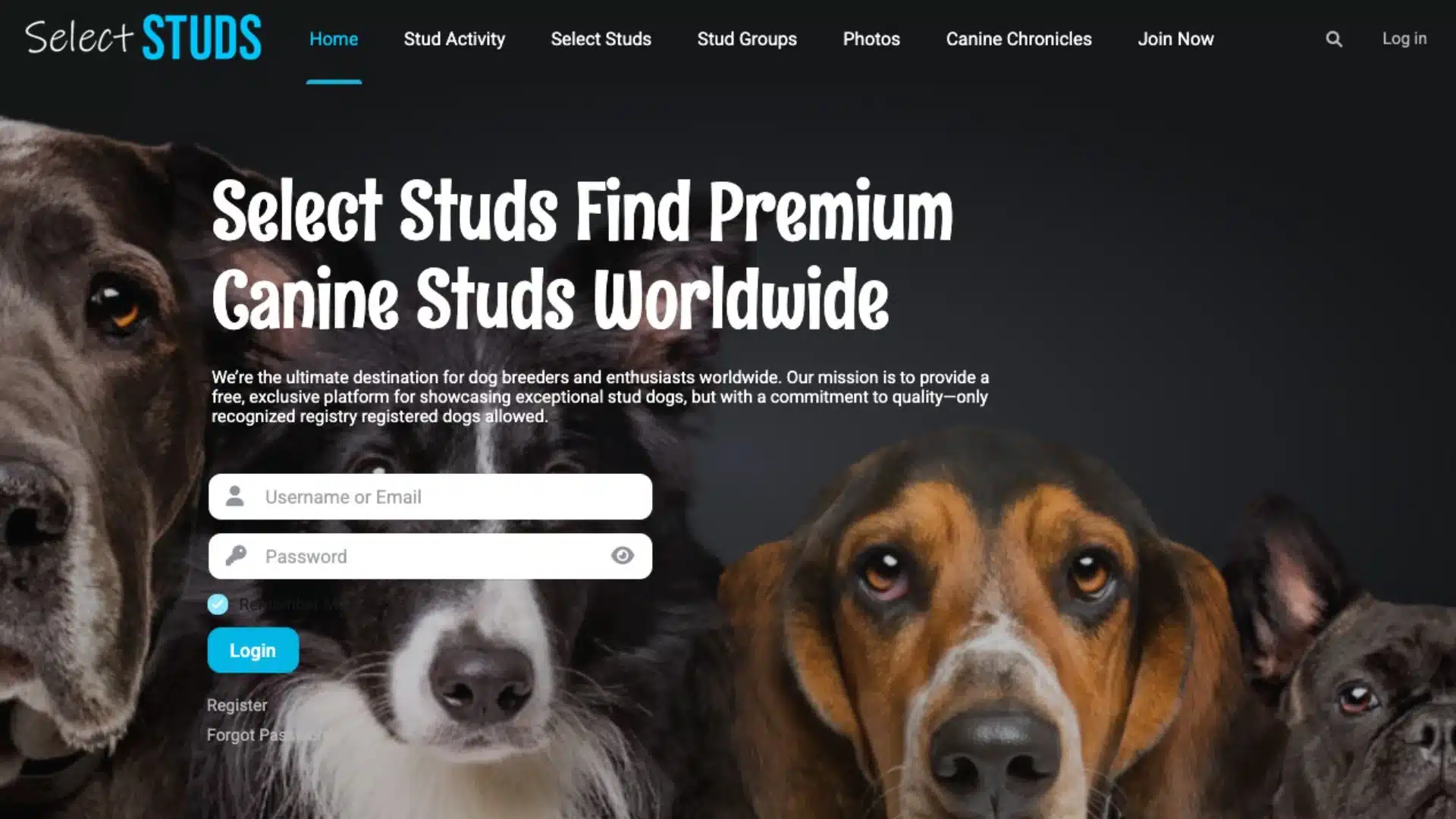
SelectStuds.com makes it easy to find top-quality, health-tested stud dogs from reputable breeders. Whether you're searching for a champion bloodline, a specific breed, or a stud that meets strict genetic and temperament standards, SelectStuds connects you with the best options available. Browse verified listings, compare pedigrees, and ensure a successful, responsible breeding process.
Visit SelectStuds.com today to find the ideal match for your female dog!
What are the qualities of a good stud dog?
Selecting the right stud dog is crucial, as his genes will significantly impact the puppies’ health, temperament, and physical traits. Consider the following factors:
1. Health and Genetic Testing
A responsible breeder ensures that the stud dog is free from hereditary diseases. Request documentation for health tests relevant to your breed. It’s also wise to check the health history of the stud dog’s parents, siblings, and past litters.
2. Temperament
While environment and training influence temperament, genetics also play a role. The stud dog should have a stable, friendly personality. Avoid males who exhibit aggression, excessive nervousness, or unpredictability.
3. Proven Fertility
If the stud dog has successfully sired previous litters, inquire about past fertility rates. For first-time stud dogs, requesting a fertility test may be beneficial.
4. Physical Conformation (Breed Standards)
The stud dog should align with breed standards and avoid exaggerated features that could lead to health problems (e.g., excessive wrinkles, overshot jaws, or breathing issues in brachycephalic breeds).
5. Pedigree and Genetic Compatibility
Understanding the stud dog’s pedigree helps prevent inbreeding risks and inherited health issues. Utilize an inbreeding coefficient calculator to assess genetic compatibility.
Additional Considerations When Choosing a Stud Dog
1. Stud Dog’s Popularity and Genetic Diversity
Overusing a popular stud can negatively impact the breed by reducing genetic diversity and increasing the risk of inherited diseases. Consider less widely used males to maintain breed health.
2. Age of the Stud Dog
Younger males may have higher sperm quality but lack experience, while older studs offer proven health records but may have declining fertility.
3. Kennel Club Registration
If you plan to register the puppies, ensure the stud dog is registered with the appropriate kennel club and free from breeding restrictions.
4. Distance to the Stud Dog
While location shouldn’t be the deciding factor, choosing a nearby stud dog can simplify travel and reduce stress on your female. Multiple visits may be necessary for successful mating.
5. Stud Fee and Breeding Terms
Stud fees vary based on breed, pedigree, and demand. Before committing, clarify:
-
The total cost of stud services.
-
What happens if the bitch doesn’t conceive.
-
Whether the stud owner expects a pick of the litter as payment.
-
Boarding requirements if the bitch needs to stay with the stud owner.
Many breeders use formal stud contracts to outline these terms, ensuring clarity for both parties.
Final Thoughts: Responsible Breeding Matters
Choosing the right stud dog requires careful research, planning, and patience. By prioritizing health, temperament, and genetic compatibility, you improve your chances of producing healthy, well-adjusted puppies while upholding responsible breeding standards. Always meet the stud dog in person, verify credentials, and seek guidance from experienced breeders or breed clubs.
Investing time in selecting the best mate for your dog will ultimately contribute to stronger, healthier bloodlines and a positive future for the breed.
You May Also Like
I am a highly skilled content writer and SEO expert with a passion for helping small businesses succeed in the digital world. With my extensive knowledge of the latest SEO techniques and strategies, I have successfully assisted numerous clients in improving their website rankings, generating more leads, and driving a significant increase in website traffic.
As a professional content writer and SEO expert, I am confident in my ability to contribute significantly to the success of small businesses. If you are seeking a results-driven, highly skilled digital marketer who can help you increase your ranking, convert new leads, and see a substantial improvement in website traffic, I would welcome the opportunity to collaborate with you.
Website: https://manmadewebsites.com/
Email: hello@digitalmarketingchap.com

